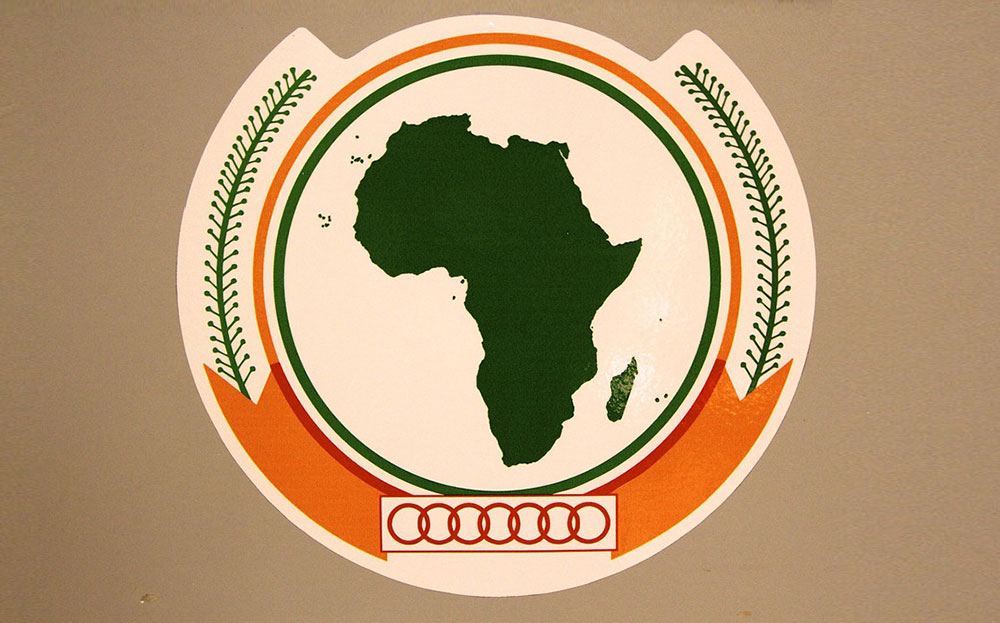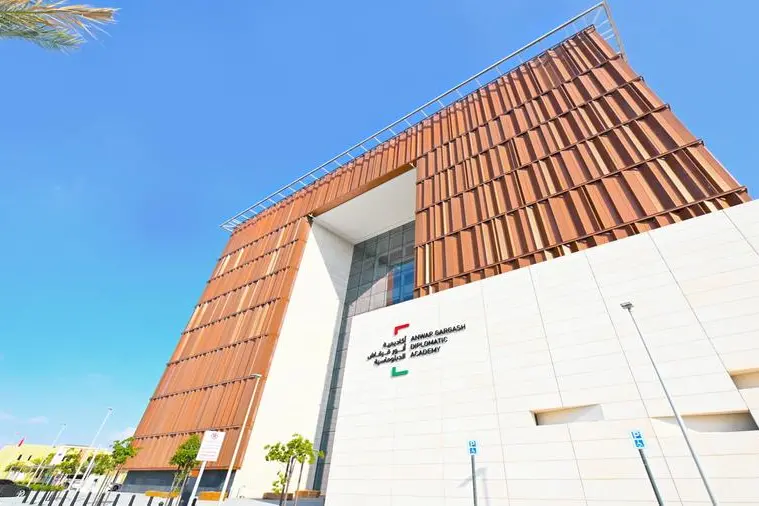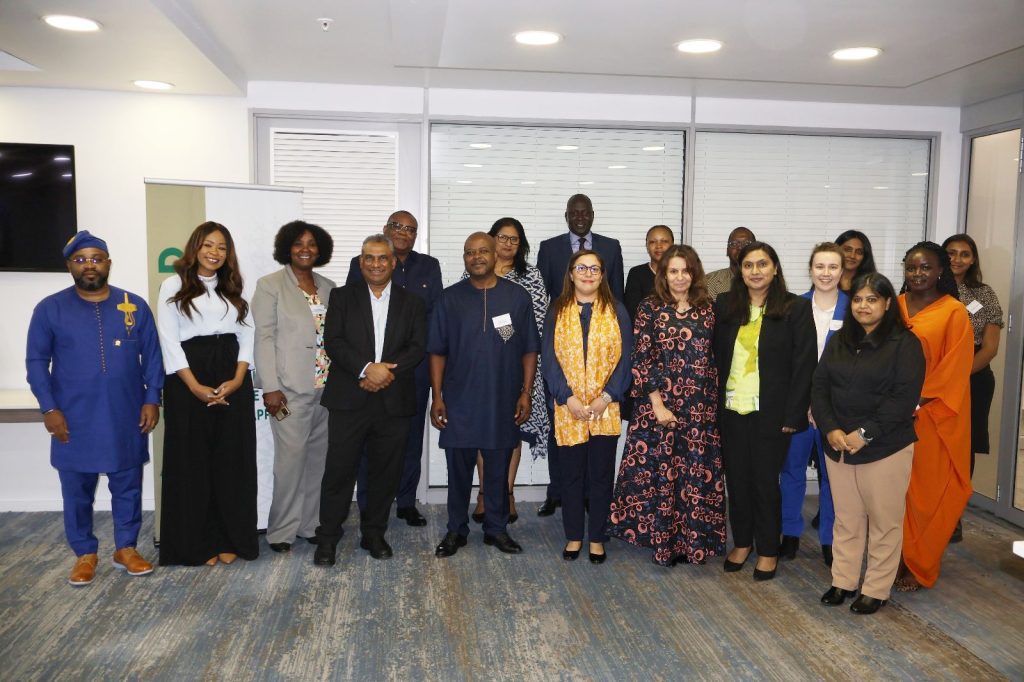Globally the nature and perception of terrorism and extremism have evolved over time. The current evolution in international counter-terrorism policies is a shift away from a militarised strategy. African engagement in these debates is essential, based on its distinctive experience over many decades in dealing with armed conflicts and violent extremism, and informed by African and multilateral efforts to address these problems on the continent.
From 20-22 October, heads of states, the African Union (AU), Regional Economic Communities and Regional Mechanisms, the United Nations (UN), high level member state representatives; experts and stakeholders; gathered in Namibia for the Sixth AU High-Level Retreat of Special Envoys and Mediators working on Africa under the theme: “Terrorism, Mediation and Armed Groups”. The participants included the AU Peace and Security Commissioner, Ambassador Smail Chergui and the Special Representative of the Secretary General and Head of the UN office to the AU, Ambassador Haile Menkerios.
The High-Level Retreat, provided an opportunity to discuss, at the highest level, the topic of mediation and terrorism, and shape the future agenda for counter-terrorism in the continent. The African Centre for the Constructive Resolution of Disputes (ACCORD) provided expert, organisational and administrative support for the event. ACCORD’s Executive Director, Vasu Gounden spoke on ‘Negotiating an End to Terrorist Insurgencies’.
African organisations have an extensive understanding of dealing with armed conflicts in which a non-state belligerent party is designated as ‘terrorist’. These date back from the liberation wars against colonial powers to the current insurgencies against independent sovereign governments. Africa has also experienced many instances of violent extremism.
Africa seeks to develop an informed strategy and principles on how to deal with terrorism, and move towards an African doctrine on counter insurgency; accompanied by clearly-defined recommendations on shared responsibilities and co-ordination between the regions, AU, UN, Member states and bilateral partners in preventing and coating terrorism.
This formed the basis at the Retreat for examining international policies for combating terrorism and violent extremism, defining terrorism in the African context, examining non-military responses like mediation and considering the development of a more comprehensive multilateral counter-terrorism agenda for Africa.
Africa’s experience is that violent insurgency is ended through political settlement, irrespective of whether the insurgents’ agenda involves political grievances, identity-based claims, or expressions of extremist ideology. Outright military victory is exceptionally rare. Reflecting this, a substantial experience of best practice in peacemaking has built up in Africa. Basic principles include: continual, patient mediation; inclusion of all domestic stakeholders; involvement of neighbouring countries; and division of labour among different international organisations. These principles apply just as much to a conflict in which one party has attacked civilians, or is labelled ‘terrorist’, or has a religious extremist agenda, as to any other conflicts.
The role of mediation is central, even though globally much emphasis is still placed on military-security solutions. It is a simple historical fact that almost no terrorist-designated organisation with a constituency has ever been defeated by military means alone. Armed activities have always ended through a political process, usually involving mediation that accommodates grievances of the population sympathetic to the armed groups that have used terror. The question is not whether to negotiate with those designated as terrorists, but when and under what conditions. Negotiation does not entail ending military confrontation, and is not unconditional. But political solutions that involve some form of political process are inevitable and need to be part of any strategy from the outset.
Current attempts to develop a comprehensive continental response to terrorism and violent extremism have included the signing and ratification of relevant African and international instruments; the creation of the African Centre for the Study and Research on Terrorism (ACSRT); the formulation of an African arrest warrant against individuals accused or convicted of terrorist acts; the assessing of the state of implementation of the 2002 Action Plan for the prevention and combating of terrorism; and the organisation of an annual consultative forum with international partners on the issue of terrorism and violent extremism. Yet a number of challenges remain in effectively combating terrorism and violent extremism.
With many of Africa’s economies growing and progress being made to alleviate poverty across the continent, it is easy to forget how quickly such progress can be eroded by the instability and conflict generated by terrorism and violent extremism. As a proponent of the constructive, mediated prevention and resolution of conflict, and with a conflict management model recognised by the UN, ACCORD strongly supports the work of the AU and related partners and stakeholders to develop a deeper framework for a peaceful and secure future for Africa and her peoples.
This article first appeared in the Sunday Tribune on 1 November 2015.
Read the Windhoek Declaration here.








